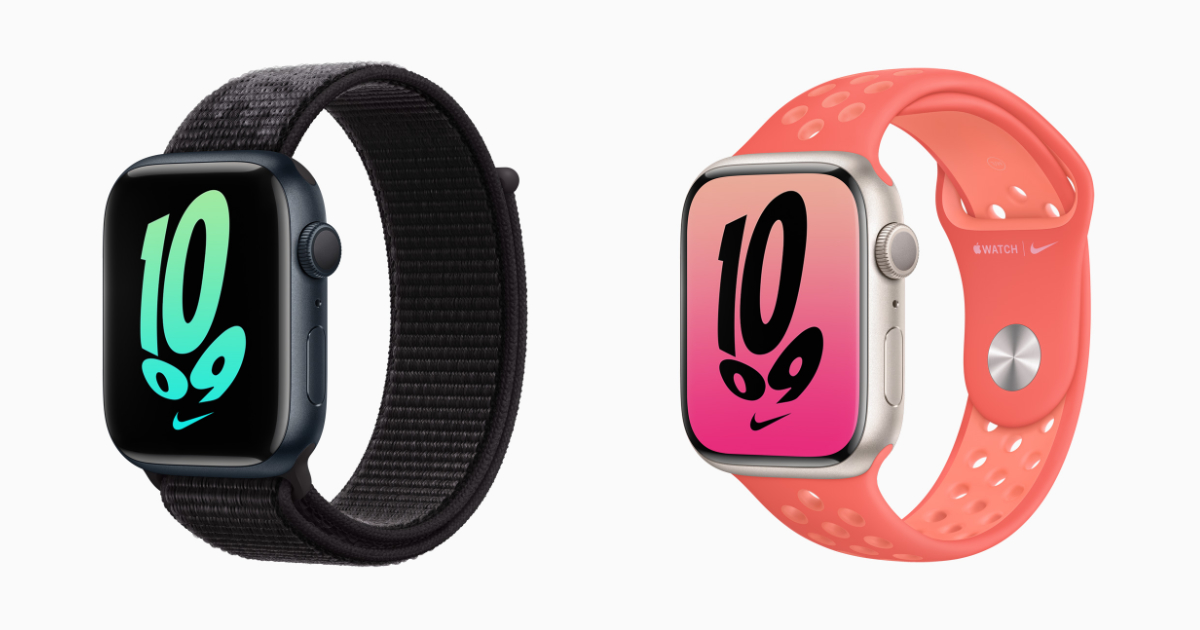Apple is facing a class action lawsuit filed in a California federal court, accusing the company of misleading advertising and violating consumer protection laws by failing to disclose the presence of potentially harmful substances in some Apple Watch bands. The lawsuit specifically targets the Sport Band, Ocean Band, and Nike Sport Band, which are made from fluoroelastomer, a material reportedly containing per- and polyfluoroalkyl substances (PFAS).
These synthetic compounds, often called “forever chemicals,” are widely used for their durability and resistance to water, oil, and stains. However, their persistence in the environment and ability to accumulate in the human body over time have raised significant health concerns. Prolonged exposure to PFAS has been linked to severe risks, including cancer, immune system suppression, and developmental harm in unborn children.

The controversy highlights potential absorption of PFAS through the skin, particularly during prolonged use of wearable products like smartwatch bands. Activities such as exercise, where sweat and body heat come into play, may exacerbate this absorption and raise questions about the long-term safety of such products.
The lawsuit draws heavily on a study conducted by researchers at the University of Notre Dame, which tested 22 smartwatch bands, including models from Apple, Nike, Fitbit, and Google. Using advanced analytical techniques, the study revealed that fluoroelastomer bands often contained elevated levels of PFAS, with some samples exceeding 1,000 parts per billion of specific compounds. While the study did not explicitly identify which bands were tested, it confirmed that products from Apple and Nike were among the samples.
The plaintiffs claim Apple failed to disclose the presence of PFAS in its bands despite promoting the Apple Watch as a health-focused device designed for daily wear. They argue that Apple has misled consumers by advertising its products as sustainable and safe while selling bands containing potentially hazardous substances. The lawsuit alleges that Apple has been aware of health concerns associated with fluoroelastomer since at least 2015, referencing internal documentation and patents that acknowledged risks such as skin irritation. Additionally, it points to Apple’s 2022 commitment to phase out PFAS from its products, arguing that the company has not been transparent about which items still contain these chemicals.
The charges against Apple include fraud, negligence, violation of California’s unfair competition and consumer protection laws, and unjust enrichment. The plaintiffs are seeking monetary compensation, an injunction to stop the sale of the bands, and greater transparency about Apple’s use of PFAS. If successful, the lawsuit could set a precedent for stricter regulations and heightened scrutiny of materials used in similar products, potentially impacting Apple’s reputation as a leader in health-focused innovation and sustainability.
Apple has not yet issued an official response to the lawsuit, but the case reflects broader concerns about PFAS in consumer products. Similar legal actions have targeted other tech companies, such as Samsung, for using these chemicals. Environmental and health advocacy groups have long called for a ban on PFAS, emphasizing their risks to both human health and the environment. While companies like Apple have pledged to phase out these substances, the timeline and scope of these efforts remain uncertain.
(via The Register)


